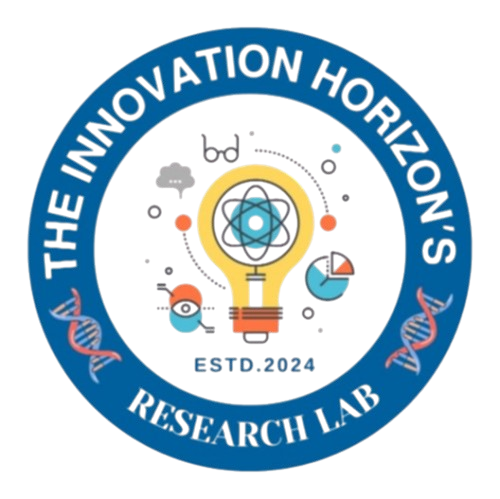Microalgae-based wastewater treatment is an emerging eco-friendly technology that harnesses the power of microscopic photosynthetic organisms to remove pollutants while producing valuable biomass. In nutrient-rich wastewater, microalgae absorb nitrogen, phosphorus, and organic carbon, preventing eutrophication, while photosynthesis generates oxygen that supports bacterial breakdown of organic matter and suppresses pathogens. These systems can be implemented in open ponds for cost-effectiveness or photobioreactors for higher productivity and control, with biomass harvested for biofuels, fertilizers, or animal feed. They also capture carbon dioxide, contributing to climate change mitigation. Scaling up requires tackling challenges such as variable wastewater composition, cost-efficient harvesting, and integration into existing treatment infrastructure, but success stories worldwide from sewage treatment in India to brewery wastewater recycling in Europe prove its potential. By reducing chemical use, creating a circular economy, and offering energy-neutral or positive operation, microalgae offer a sustainable path to turning green into clean and meeting global water challenges.
Written by Khadiza Nasrin Arna
Member of Research Council Board, IHRLAB
